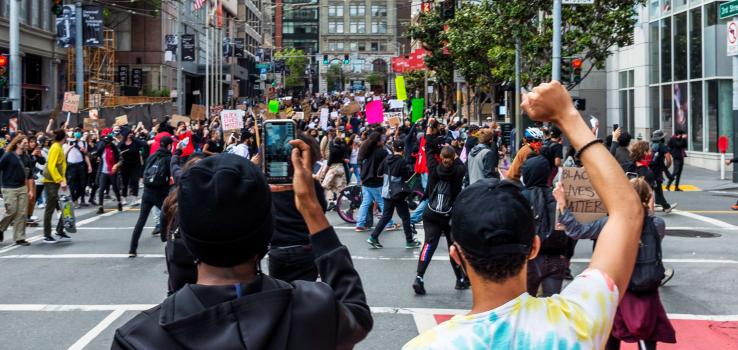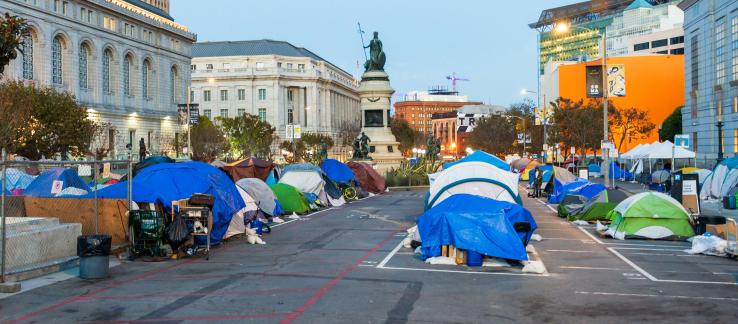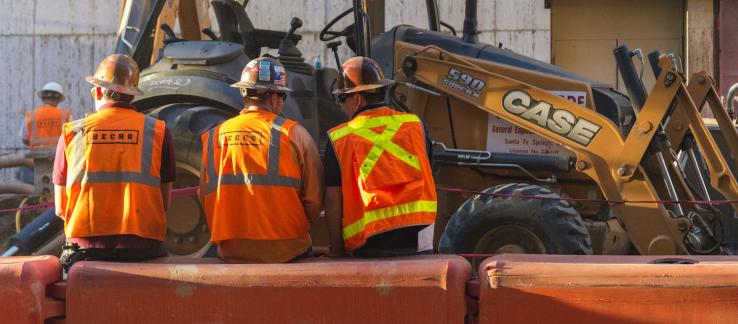
Economic Justice
We believe: Prosperity is essential to a thriving region and should be planned for,
supported, and shared so that all people can participate in and benefit from economic growth.
supported, and shared so that all people can participate in and benefit from economic growth.







